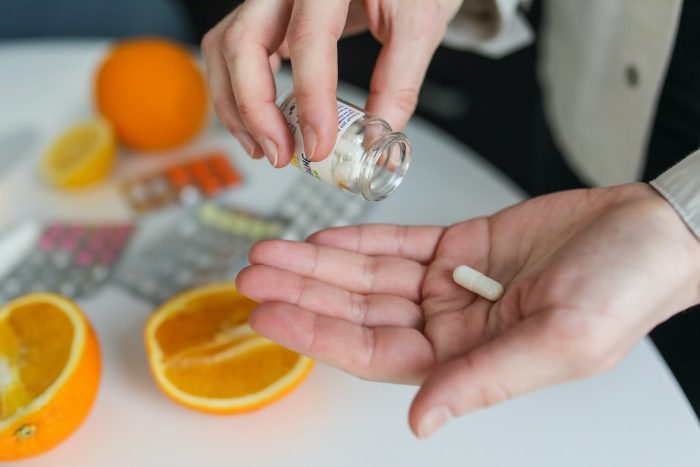“I have a chemical imbalance”. That is what I used to say when people questioned me about why I had been hold up in the psych ward of Johnson Memorial Hospital on repeat. Chemical imbalance was the term used by my psychiatrist without further explanation, except that medication would fix it.
I was clinically depressed with psychotic features. Those features being, intermittent paranoia, and outbursts of violence towards myself and others.
Now an adult, working in healthcare, with significantly more education under my belt, I know more clearly what, “Chemical imbalance”, means. Much to the dismay of my younger self who probably could have been saddled with a bit more accountability, I know what the chemicals are and just how easily they can become imbalanced. I also know that very few people are immune from it. It is in fact NORMAL.
Chemicals = Hormones and the substances that transmit them.
Natural and necessary for biological functioning, hormones come in many variety’s.
Neuro – Norepinephrine, serotonin, oxytocin, & vasopressin
Sexual – Estrogen, progestin, & testosterone
Adrenal– Cortisol, aldosterone, epinephrine, & dopamine
Each of these chemicals (an others) play a significant role in regulating the human organism. Aside from that, there are secondary substances responsible for transmitting hormones, such as vitamins, minerals, and phytonutrients. Based on each persons genetic and epigenetic expression, these chemicals serve to sustain our most vital survival functions.
HERE IS THE KICKER
They are all CONNECTED through cascading action, meaning one chemical effects another. Sexual hormones effect adrenal hormones, and adrenal hormones effect neuro hormones (and every variation there of). So if one hormone or chemical is deficient or overproduced, it will cause deficiencies and overproduction in other areas. THIS IS REALLY IMPORTANT, because most things that cause a chemical disruption are things we can appropriate some control over. Though there are some genetic behavioral disorders that cannot be remedied through intentional lifestyle changes, ALL of them can be supported.
Anyone who has struggled with mental health disorders for any period of time, knows there are self care applications that significantly improve symptoms. People don’t like to hear it, because it involves accountability and work.
You can regulate oxytocin by ensuring you engage in physical contact with people whom you care for. Cortisol can be reduced, by removing yourself from high stress situations. Exercise produces dopamine and and serotonin in abundance and can improve many MANY disorders. Eating a well balanced diet with a variety of plant foods can help regulate ALL hormones, and there are many foods that target specific chemicals. Nutritional Psychiatry is SO IMPACTFUL that it is its own professional field. Even the amount of good bacteria (Probiotics) found in your intestines is scientifically demonstrated to effect a wide range of mental illness.
Is applying self care and lifestyle management easier said than done? You bet it is. BUT IT IS SO WORTH IT. Why? Because it can DRASTICALLY change your quality of life and how much you value your time here on earth!
I am being overly basic here, and that is because, overall, you are fully capable of finding the information related to your specific chemicals and what might be causing them to shift. More often it is life events and factors that you can discern through some reflection. Am I experiencing prolonged or stress that could be driving up my cortisol? Am I eating a diet that over produces testosterone? What am I doing to ensure I have adequate dopamine? Do I understand the relationship between oxytocin and vasopressin?
CHEMICAL IMBALANCES ARE NORMAL. They happen to everyone, and by process of regulation, much of it resolves without further action. For those of us though, that require some more focused care to improve our imbalance, there are many tools we can adopt, and that may help us forgo the need for medication or hospitalization.
Sure I have a chemical imbalance but so do you! And that does NOT make us especially crazy. Nor does it give us an excuse to give up and assume the role of having a disorder. The 21st century has afforded us the science to know better.












Read 0 comments and reply